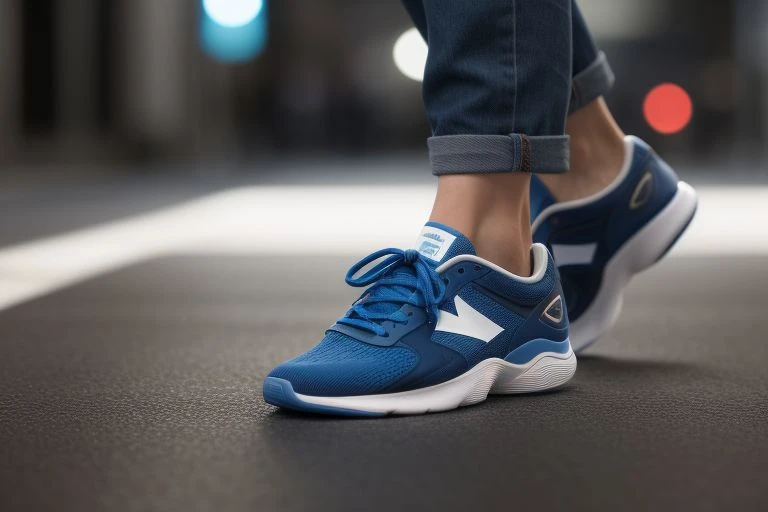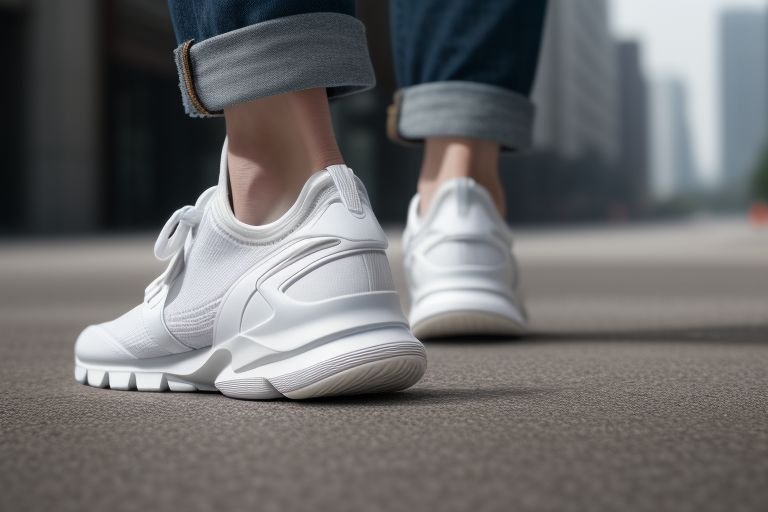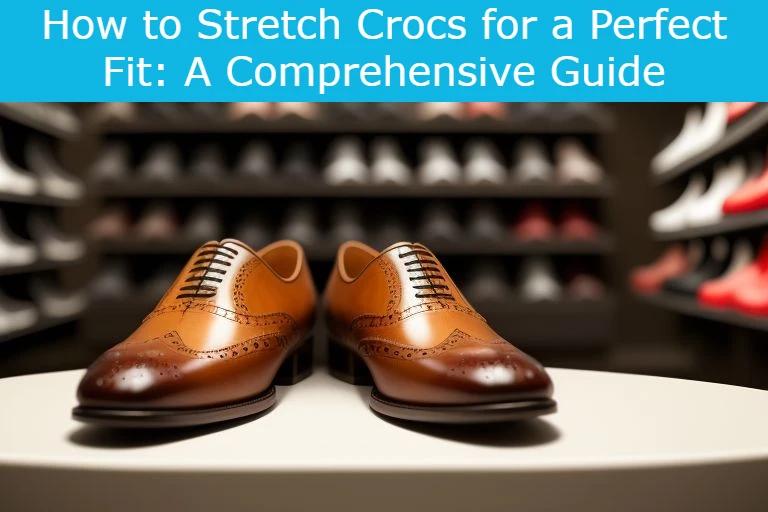Are Adidas Shoes Vegan? A Detailed Analysis
Are Adidas Shoes Vegan? – The vegan movement is no longer limited to what’s on our plate, but it’s now influencing our fashion choices, primarily footwear.
As more people adopt cruelty-free and sustainable living, popular shoe brands are being questioned about their production practices.
Today, we delve into Adidas, a global athletic and casual footwear giant, to see if their shoes align with vegan principles.
Table of Contents
Are Adidas Shoes Vegan?

The answer to this question is not entirely straightforward. Adidas does offer vegan shoes, specifically in their Adidas Vegan collection, where they ensure all materials, including glues and dyes, are free from animal derivatives.
However, this transparency and assurance do not extend to their entire footwear lineup. While Adidas is utilizing more sustainable and plant-based materials, it has not confirmed whether all its shoes use animal-free adhesives or dyes.
Consequently, although Adidas is indeed taking positive steps towards offering vegan products, not all Adidas shoes can be conclusively labeled as vegan.
This ambiguity underscores the need for consumers to investigate the specifics of each product before purchase, especially when seeking to align their footwear with a vegan lifestyle.
Therefore, while Adidas does cater to the vegan market with some of its offerings, the vegan status of many of its shoes remains a gray area due to the lack of comprehensive information about certain components used in shoe construction.
Understanding Vegan Footwear

When we talk about vegan footwear, we are referring to shoes made entirely without the use of animal-derived materials or by-products. This not only includes obvious materials like leather and suede, but also more hidden components.
For instance, the shoe’s upper, its lining, and even its sole need to be animal-free. But it doesn’t end there. Even the glues and adhesives used in the shoe’s assembly process should be free from animal materials.
A common misconception is that synthetic shoes are always vegan. However, while synthetic materials are man-made and not directly derived from animals, it doesn’t automatically make the shoes vegan.
This is because they could still potentially incorporate other animal-derived components or have been processed using animal products. For example, certain dyes used in coloring synthetic materials might have been tested on animals, and some manufacturers might use beeswax in the finishing process.
Similarly, shoes made from natural plant-based materials aren’t always vegan. They could be rendered non-vegan if any part of their production process involves the use of animal-derived substances. It’s not just the outer materials we need to look at, but every element of the shoe’s composition and construction.
In essence, vegan footwear signifies a commitment to avoiding harm to animals at every stage of production. It’s an endorsement of cruelty-free methods and a conscious choice to prioritize ethical sourcing and manufacturing practices.
The shift towards vegan footwear reflects a broader change in consumer attitudes, with an increasing number of people seeking to align their buying choices with their ethical and environmental values.
With more and more shoe brands like Adidas introducing vegan options into their collections, it’s becoming easier to find footwear that fits these criteria. Yet, it’s essential to be vigilant and do a bit of research before making a purchase, as not all shoes marketed as vegan live up to these standards in full.
A Look at Adidas’ Material Selection
Adidas uses a wide array of materials to produce its diverse range of footwear. In the past, the brand heavily relied on traditional animal-derived materials such as leather and suede, earning its reputation for these classic styles.
However, recognizing the need for a more sustainable approach, Adidas has recently shifted its material selection significantly.
The company has substantially committed to exploring synthetic and plant-based materials in their footwear. Notable innovations include the development of materials like Primegreen and Primeblue. Primegreen is a performance fabric crafted from entirely recycled materials, reducing waste and environmental impact.
Similarly, Primeblue uses high-performance recycled material but with an added twist—it includes Parley Ocean Plastic, an initiative that addresses the problem of ocean pollution by transforming intercepted plastic waste into usable material.
Adidas’ push towards these alternatives exhibits a shift to sustainability and a step closer to vegan-friendly products.
However, while these materials are a positive sign, it’s essential to remember that their use does not automatically equate to a vegan product. All shoe components, including dyes, finishes, and adhesives, must also be free from animal derivatives.
While Adidas has been upfront about the use of vegan materials in their specific Vegan collection, the same cannot be said for their broader range of footwear.
It is unclear whether all the adhesives used across all their shoes are entirely animal-free, as traditional shoe adhesives can contain animal derivatives. The brand has not explicitly confirmed this detail, which remains a point of concern for those strictly adhering to vegan principles.
Therefore, while Adidas’ strides in alternative material development are commendable, the overall vegan status of their shoes extends beyond just the primary materials used in construction. It’s a complex process that requires transparency and commitment at every production stage.
Adidas’ Push towards Sustainability
Adidas’s sustainability efforts indicate a broader shift within the fashion industry towards environmentally-conscious practices. Not content with implementing sustainable material alternatives, the athletic wear titan has outlined a robust strategy to reduce its environmental impact.
Key among these initiatives is a firm commitment to cease using virgin polyester, transitioning entirely to recycled polyester in all its products by 2024. The shift to recycled polyester is a significant one, as it has the potential to substantially lessen Adidas’s carbon footprint.
The company is not stopping there, either. To tackle climate change head-on, Adidas aims for climate neutrality by 2050. This is a bold move that underscores the brand’s dedication to operating in a manner that is not only profitable but also benefits the planet.
While these initiatives are promising, achieving these ambitious targets requires continual effort and unwavering commitment. Yet, with Adidas at the helm, the journey towards a more sustainable footwear industry appears well underway.
Vegan Options in Adidas’ Lineup
Adidas offers a selection of shoes crafted without animal-derived materials for those adhering to a vegan lifestyle. Introduced in 2020, the Adidas Vegan collection features various popular models.
You’ll find classics such as the Continental 80, Superstar, and Samba, redesigned with 100% vegan materials. To aid consumers in identifying these vegan options, Adidas ensures each product description within this collection bears the “Adidas Vegan” logo.
This explicit marker allows consumers to discern the vegan options within Adidas’ vast lineup. However, as noted in other sections of this blog, it is always prudent to examine the listed materials and product descriptions carefully before purchasing to ensure the shoe aligns with your ethical principles and lifestyle choices.
The Controversy with Glue
In vegan footwear, the adhesive or glue used in the assembly process is an often overlooked yet essential component that raises concerns. Although not immediately apparent to the consumer, many traditional shoe glues harbor animal derivatives.
This aspect of shoe construction can inadvertently render an otherwise animal-free shoe non-vegan. While Adidas has made progress in creating shoes with plant-based and synthetic materials, the composition of their glues remains somewhat murky.
While the brand has stated that the shoes within their Vegan collection utilize animal-free adhesives, they have not offered the same assurance for the rest of their footwear lineup. This lack of clarity can pose a challenge for strict vegans who wish to avoid all animal-derived products.
Hence, it’s always crucial for consumers to carefully examine the product details and make inquiries if necessary, to ensure the adhesive used in their desired pair of shoes adheres to vegan standards.
The topic of glue composition might seem minor to some, but for those committed to a vegan lifestyle, it’s a critical component in their purchasing decision.
Until clear information about the use of animal-free adhesives across all their products is provided by Adidas, the controversy surrounding the use of glue in footwear is likely to persist.
Checking before Buying
Navigating the shopping process to ensure the purchase of truly vegan shoes can require careful consideration. Even though Adidas offers a range of vegan footwear, it’s crucial for consumers to practice due diligence before adding to cart.
Although the company has made it easier by marking vegan shoes with the “Adidas Vegan” logo on their official website, these markers may not be as evident on third-party retail platforms.
It’s therefore advised to scrutinize the list of materials and search for clear confirmations of the product’s vegan status before finalizing a purchase.
Remember, vegan footwear extends beyond the absence of animal-derived materials in the shoe’s construction and includes components like adhesives and dyes as well. In case of any doubts or uncertainties, don’t hesitate to reach out to the brand or retailer for further clarification.
After all, supporting vegan fashion means aligning your purchasing decisions with a commitment to animal welfare, environmental sustainability, and ethical manufacturing practices.








